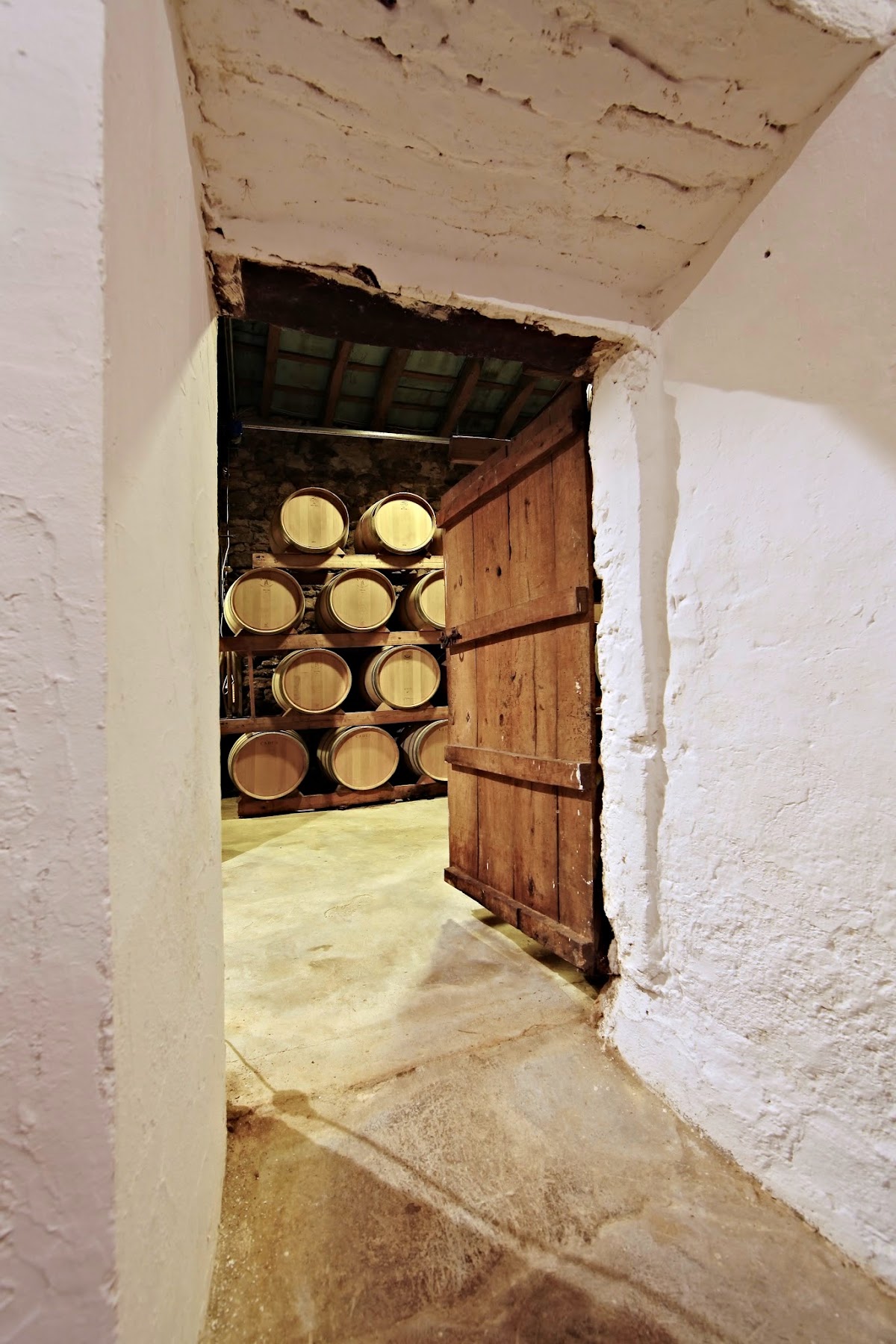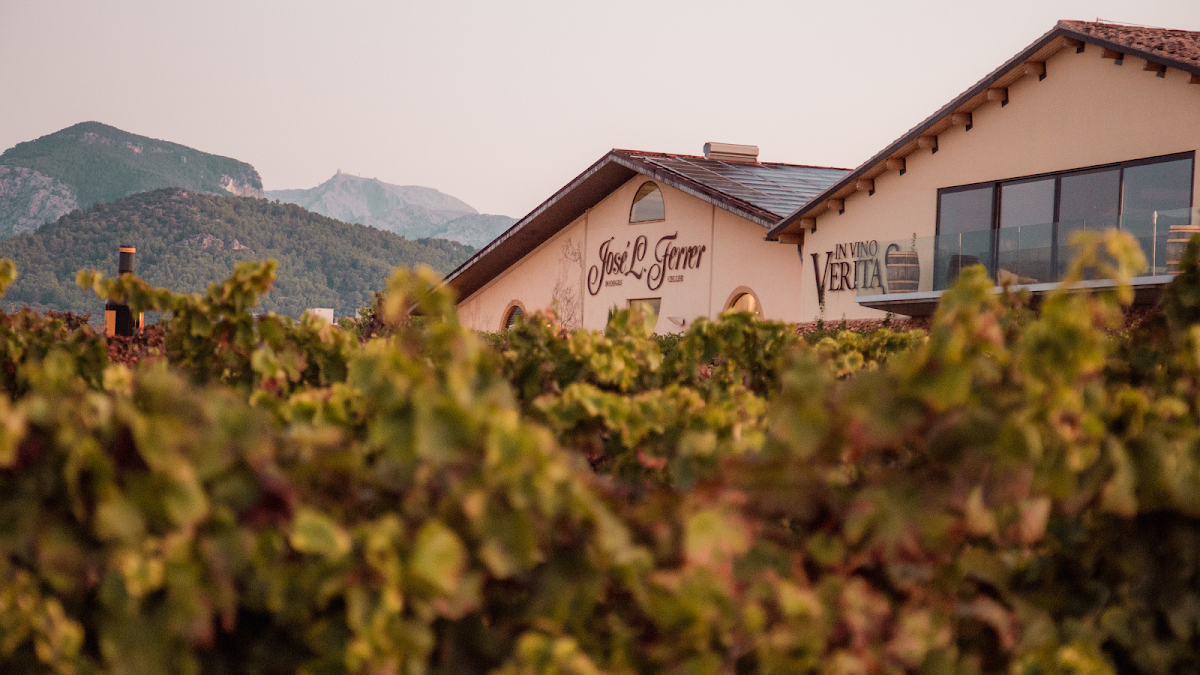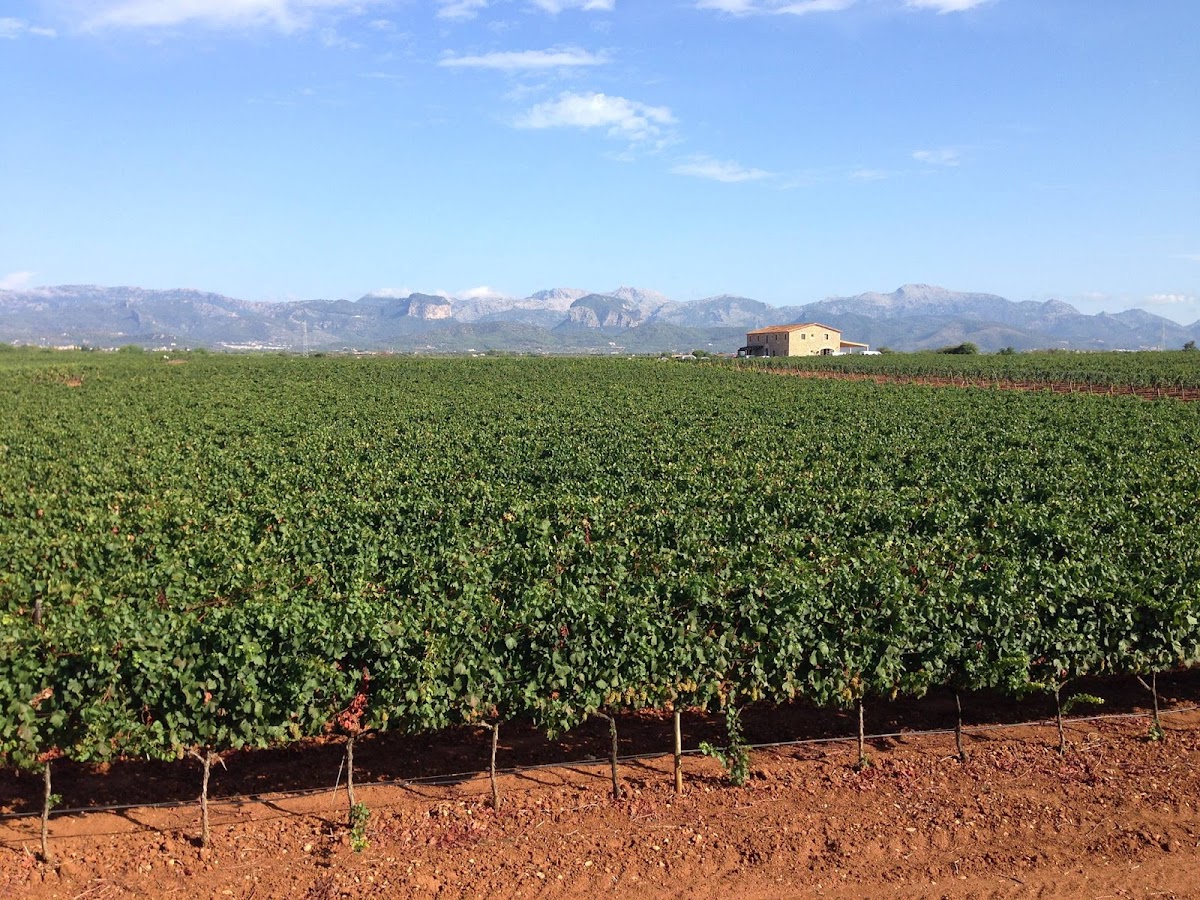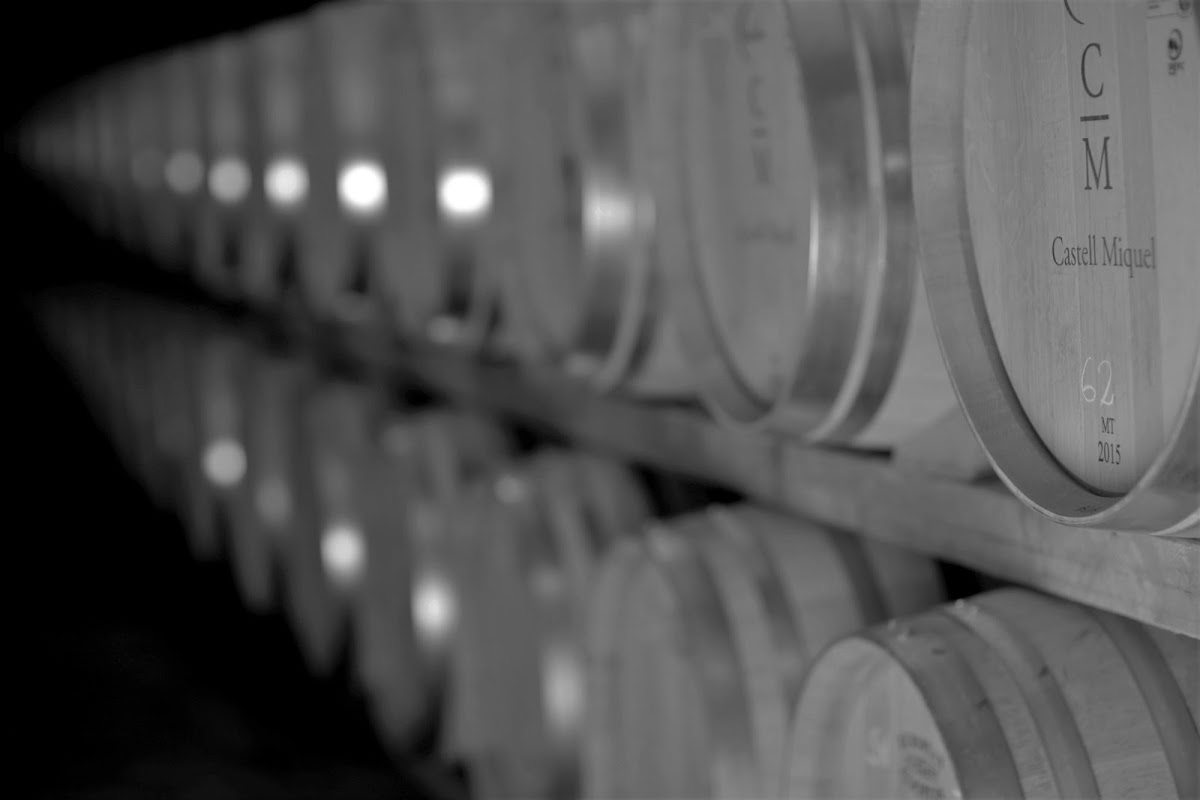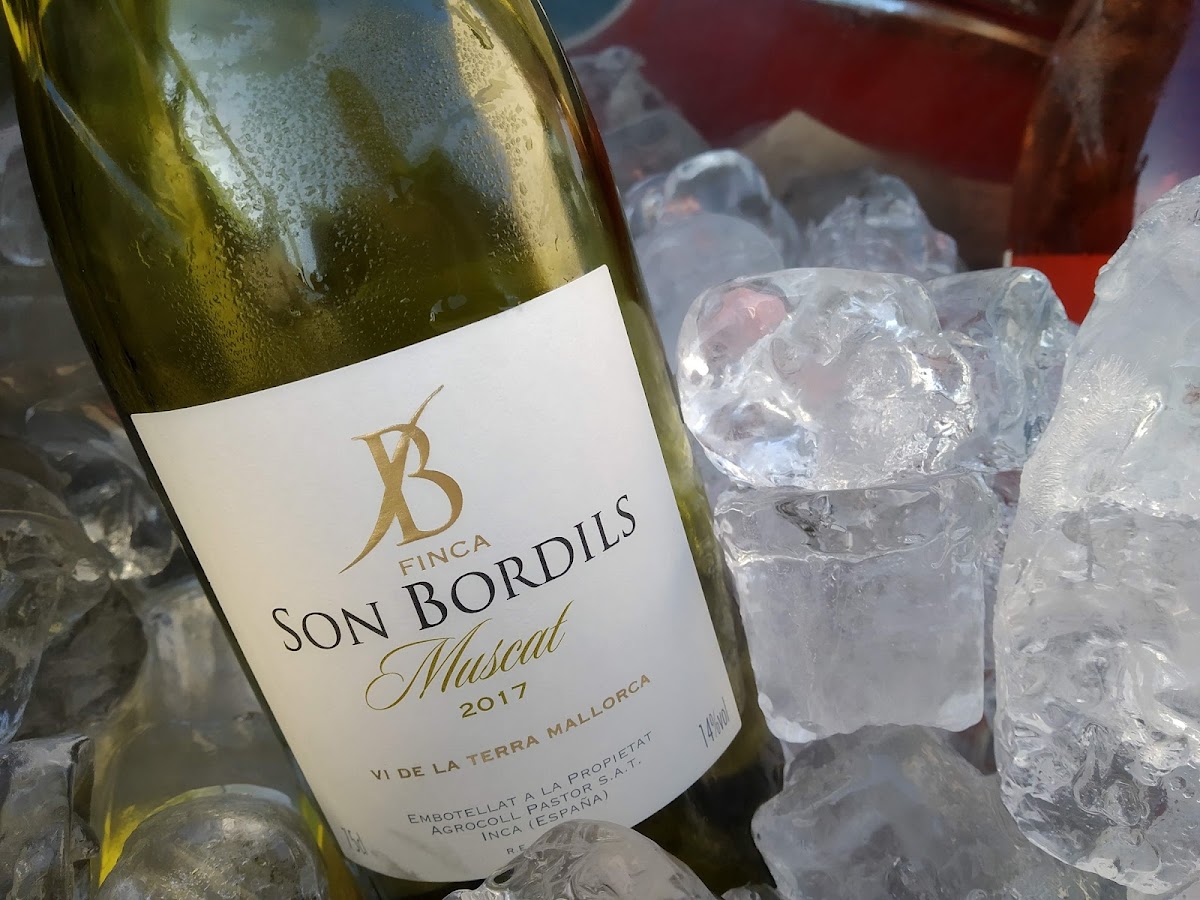Discovering Mallorca's Vineyards: A Guide to Wineries Open for Visitors
Mallorca's vineyards offer a captivating journey through time, reflecting the island's agricultural resilience, cultural shifts, and a remarkable modern renaissance. From ancient origins to a near-disaster and a vibrant rebirth, the story of Mallorcan wine is as rich and complex as its terroir.
Ancient Roots: The Roman Legacy (1st Century BC - 8th Century AD)
The history of viticulture on Mallorca stretches back over two millennia. While the Phoenicians likely traded wine on the island, it was the Romans who are credited with establishing systematic grape cultivation and winemaking as a significant industry. When the Romans conquered Mallorca in 123 BC, they recognized its fertile lands and favorable Mediterranean climate as ideal for vineyards.
Historical accounts, notably from Pliny the Elder in the 1st century BC, highlight the quality of Mallorcan wines, stating they could "rival Italy's finest." This suggests that Mallorcan wine was not only produced for local consumption but also gained recognition and was likely exported within the Roman Empire.
Even during the nearly five centuries of Moorish rule (8th to 13th centuries AD), viticulture persisted. Although Islamic law generally discouraged alcohol consumption, grapes were still cultivated for raisins and other products, and it's believed that some wine production continued, perhaps clandestinely or for non-Muslim populations. The Moors also introduced advanced irrigation techniques, which, while not directly for wine, benefited agriculture on the island, including potential vineyards.
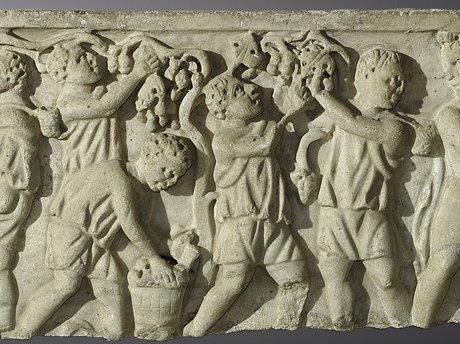
Ancient Romans for viticulture
Medieval Flourishing and Early Modern Challenges (13th - 19th Centuries)
Following the Christian Reconquista in 1229 by King James I of Aragon, winemaking on Mallorca experienced a significant revival. The Christian rulers actively promoted viticulture, and wine became a crucial part of the island's economy and culture. References from the 14th century show documented vineyards belonging to the Church and Crown, and towns like Inca, Palma, and Alcúdia were early centers of production.
By the 15th and 16th centuries, wine production provided substantial employment, and laws were in place to regulate cultivation and trade. The 17th century saw a further spread of vineyards, partly due to tax exemptions for vine growers and a steady demand for wine and spirits both locally and for export. Mallorca's sweet Malmsey wine, produced from the Malvasia grape, was particularly popular in northern Europe in the 18th and 19th centuries.
However, this period also saw challenges. Periods of war, heavy taxation, and an over-reliance on grape monoculture led to some crises. Diseases like powdery mildew also posed threats.
The Phylloxera Catastrophe and Decline (Late 19th Century)
The most devastating blow to Mallorcan viticulture came in the late 19th century with the arrival of phylloxera. This microscopic aphid, originating from North America, ravaged vineyards across Europe. While its initial impact in France created a temporary boom for Mallorcan wine exports (as demand shifted to unaffected regions), the pest eventually reached Mallorca in 1891.
The phylloxera epidemic decimated the island's vineyards, wiping out vast tracts of vines that once covered an estimated 30,000 hectares. This catastrophe led to widespread economic hardship, forcing many farmers to abandon their vineyards and replant with other crops like almonds, olives, and carob, which characterize much of the Mallorcan landscape today. Wine production plummeted to a fraction of its former glory, barely enough for local consumption, and Mallorca became a net importer of wine.
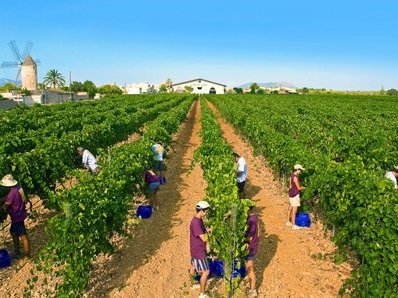
Grape Cultivation in Mallorca, Spain
The Slow Rebirth and Modern Renaissance (20th Century - Present)
The recovery of Mallorca's wine industry was slow and arduous throughout much of the 20th century. For decades, the focus was largely on producing simple, bulk wines for local consumption, with little emphasis on quality or showcasing the island's unique terroir. Many Mallorcans continued to prefer wines imported from mainland Spain.
However, from the 1980s and especially the 1990s onwards, a determined and passionate group of Mallorcan winemakers initiated a dramatic renaissance. This period marked a significant shift towards:
- Quality over Quantity: A focus on improving winemaking techniques, investing in modern equipment (like stainless steel tanks and temperature control), and utilizing better vineyard management.
- Rediscovery of Indigenous Grape Varieties: A crucial aspect of the revival was the renewed interest in native Mallorcan grapes that had almost disappeared. Key examples include:
- Manto Negro: The most widely planted red grape, producing medium-bodied wines with red fruit aromas and often notes of caramel and lilac.
- Callet: A versatile black grape used for lighter reds and rosés, often blended, offering complexity and spice.
- Prensal Blanc (or Moll): The most important white grape, yielding fresh, aromatic wines with a good balance of acidity.
- Fogoneu, Gorgollassa, Giró Ros, and Malvasia: Other native varieties that have been painstakingly recovered and are now producing unique and highly-regarded wines.
- Establishment of Denominations of Origin (DOs): To protect and promote the quality and unique characteristics of Mallorcan wines, two DOs were established:
- DO Binissalem (1990): Located in the central heartland of the island, encompassing towns like Binissalem, Santa María del Camí, and Consell. It's known for its limestone-rich soils and robust reds, particularly from Manto Negro.
- DO Pla i Llevant (1999): Covering the central and eastern plains of the island, this DO includes a broader range of microclimates and grape varieties.
- Vi de la Terra Labels: Beyond the DOs, "Vi de la Terra" (Regional Wine) labels, such as "Vi de la Terra Mallorca" and "Vi de la Terra Serra de Tramuntana-Costa Nord," allow producers to use a wider range of grapes and express the island's diverse terroirs without being restricted by DO regulations.
- Wine Tourism (Enotourism): Today, many of Mallorca's over 70 bodegas (wineries) have embraced wine tourism, offering guided tours, tastings, and often gastronomic experiences. This allows visitors to learn about the island's winemaking heritage firsthand and appreciate the quality of its modern wines.
- Sustainability and Organic Practices: An increasing number of Mallorcan vineyards are adopting organic and biodynamic farming methods, focusing on environmental preservation and producing wines that truly reflect the island's unique ecosystem.
Mallorca's vineyards now produce a diverse range of high-quality red, white, and rosé wines, often gaining international recognition and awards. While still producing smaller quantities compared to mainland Spanish giants like Rioja, the focus on quality, indigenous varieties, and sustainable practices has cemented Mallorca's place as an exciting and distinct wine region on the global stage.
Here's your guide to the best wineries in Mallorca that are open to visitors.
Bodega Ribas
Located in the heart of Consell, Bodega Ribas is the oldest winery in Mallorca, having been in operation since 1711. This winery is renowned for its commitment to indigenous grape varieties, offering a genuine taste of Mallorcan terroir. Visitors can enjoy guided tours that delve into the history of the winery, the winemaking process, and conclude with a delightful tasting session of their exquisite wines. The picturesque setting of the estate, with its historic manor house and sprawling vineyards, makes for a perfect backdrop to savor their wines.
- Location: Consell, Central Mallorca
- Specialties: Manto Negro and Prensal Blanc varietals
- Best Time to Visit: Spring and Autumn for mild weather
- Insider Tip: Book a tour in advance to ensure a personalized experience.
José L. Ferrer
Situated in Binissalem, the heart of Mallorca's designated wine region, José L. Ferrer offers a comprehensive look at the winemaking tradition of the island. With a history dating back to 1931, this winery combines traditional methods with modern technology to produce a range of award-winning wines. The visit includes a tour of their facilities, an introduction to their winemaking process, and a tasting session. Their Veritas range, made from local grape varieties, is a must-try for visitors.
- Location: Binissalem, Central Mallorca
- Specialties: Indigenous grape varieties like Manto Negro and Callet
- Best Time to Visit: Autumn, during the grape harvest
- Insider Tip: Check out their special events, including wine pairing dinners.
Bodegas Macià Batle
Bodegas Macià Batle is a modern winery in Santa Maria del Camí, blending tradition with innovation. Their wines are a reflection of Mallorca's unique climate and soil, with a focus on quality and expression of the local terroir. The winery offers guided tours that include a visit to the vineyards, production areas, and barrel rooms, ending with a tasting of their signature wines. The artwork-adorned labels of their bottles make for excellent souvenirs.
- Location: Santa Maria del Camí, Central Mallorca
- Specialties: Modern interpretations of traditional wines
- Best Time to Visit: Anytime, but especially during the spring for the vineyard blooms
- Insider Tip: Look out for their limited-edition wines, which are exceptional.
Castell Miquel
Perched on the slopes of the Serra de Tramuntana, Castell Miquel is an architectural marvel that combines stunning views with exquisite wines. This winery is known for its meticulous vineyard management and precision in winemaking, producing wines that are rich in character and complexity. The tour offers an intimate glimpse into their process, from the vine to the bottle, capped off with a wine tasting session that includes their celebrated Stairway to Heaven series.
- Location: Alaró, Northwest Mallorca
- Specialties: High-altitude wines with unique character
- Best Time to Visit: Late summer, to catch the vineyards at their fullest
- Insider Tip: The winery's terrace offers breathtaking views of the Tramuntana mountains, perfect for a photo op.
Son Bordils
Nestled in the plains of Inca, Son Bordils is a hidden gem with a history dating back to the 15th century. This winery prides itself on its sustainable farming practices and dedication to quality. The visit includes a tour of the historic estate, insight into their organic winemaking process, and a tasting of their carefully crafted wines, which include some excellent examples of indigenous varieties as well as international ones.
- Location: Inca, Central Mallorca
- Specialties: Organic wines with a focus on sustainability
- Best Time to Visit: Spring, for a serene vineyard experience
- Insider Tip: Their olive oil, also produced on the estate, is worth trying.
Visiting Mallorca's wineries offers more than just wine tasting; it's an immersive experience that connects you with the island's culture, history, and passion for winemaking. Whether you're a seasoned oenophile or simply curious about wine, these vineyards promise an enriching and enjoyable day out. Remember to book your visits in advance, especially during peak tourist seasons, to secure your spot. Salud!
Mentioned in This Guide
Explore all the locations mentioned in this guide on the map below.
Bodegas José L. Ferrer
Carrer del Conquistador, 103, 07350 Binissalem, Illes Balears, Spain
Bodega Ribas
Carrer de Muntanya, 2, 07330 Consell, Illes Balears, Spain
Celler Macià Batle
Camí Coanegra, s/n, 07320 Santa Maria del Camí, Illes Balears, Spain
Bodegues Castell Miquel
Carretera, Km 8,7, 07340 Alaró, Illes Balears, Spain
Bodega Finca Son Bordils
Carretera Inca-Sineu, Km. 4, 1, 07300 Inca, Illes Balears, Spain

